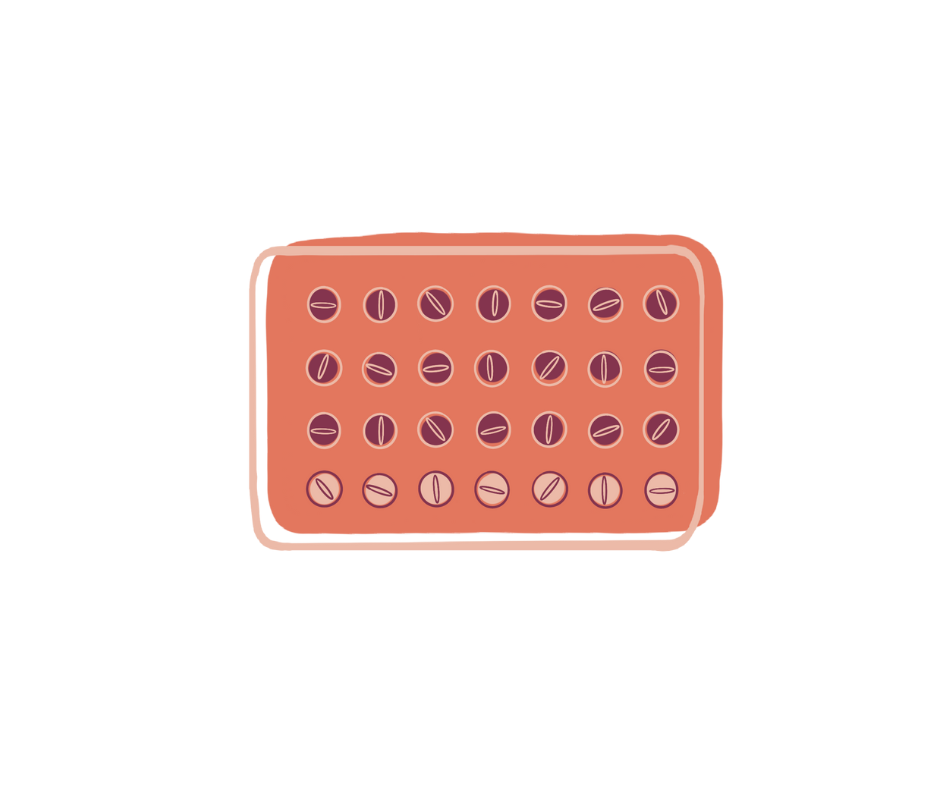Your basket is empty
Already have an account? Log in to check out faster.
Already have an account? Log in to check out faster.

The FDA recently approved Opill as an OTC (over the counter) birth control pill. During the review process, the FDA team that approved the pill called out the need to make sure that women who were taking Opill were able to achieve the same levels of adherence, or rate at which they remembered to take Opill every day, and at the same time every day, as women who are prescribed the pill within a doctor’s office.
Does it really matter if you take Opill every day?
And does it really matter if you take your Opill pill at the same time every day?
If you’re taking the pill for birth control, adherence is the difference between 99% effectiveness of the pill vs approx 90% effectiveness of the pill. Breaking that down, if you aren’t taking the pill every day and at the same time every day, for every 10 times you have sex you run the risk that 1 of those encounters runs the risk of an unplanned pregnancy.
Much of the research exploring adherence to the pill focuses on the correlates of non-adherence or misuse. At Emme, we like to empower women in managing their health: one way is to focus on understanding the factors associated with better adherence (as opposed to the ever popular “look for ways to berate women into taking care of themselves”). Women with a higher knowledge of how the pill works, its benefits, side-effects and use were up to 6 times more likely to continue taking their pill compared to less knowledgeable women (Hall et al., 2014). Another factor associated with higher levels of adherence to the pill is knowledge of the pill, both perceived (Tomaszewski et al., 2017) and actual (Hall, Castaño, & Westhoff, 2014).
Adherence is crucial for the effectiveness of an oral birth control pill when used to prevent unintended pregnancies. Different types of birth control methods have varying levels of effectiveness, and how well they work is often dependent on consistent and correct use.
Taking the pill every day, and on time every day, is essential for the following reasons:
It's important to remember that no birth control method is 100% effective, and the effectiveness of each method can vary depending on individual factors and how well the method is used. Therefore, it's essential to choose a birth control method that aligns with one's lifestyle and adhere to its instructions to maximize its effectiveness in preventing unintended pregnancies.
At Emme we’ve spent time researching how to help women improve adherence. We help increase adherence (and lower the risk of unplanned pregnancy) by providing the Emme community with a better understanding of how the pill works, and its benefits and side effects, and by making sure that our community feels empowered to understand their oral birth control. Visit us regularly for more information on the pill, its effects, and ways to develop your understanding of how the pill works.
0 comments